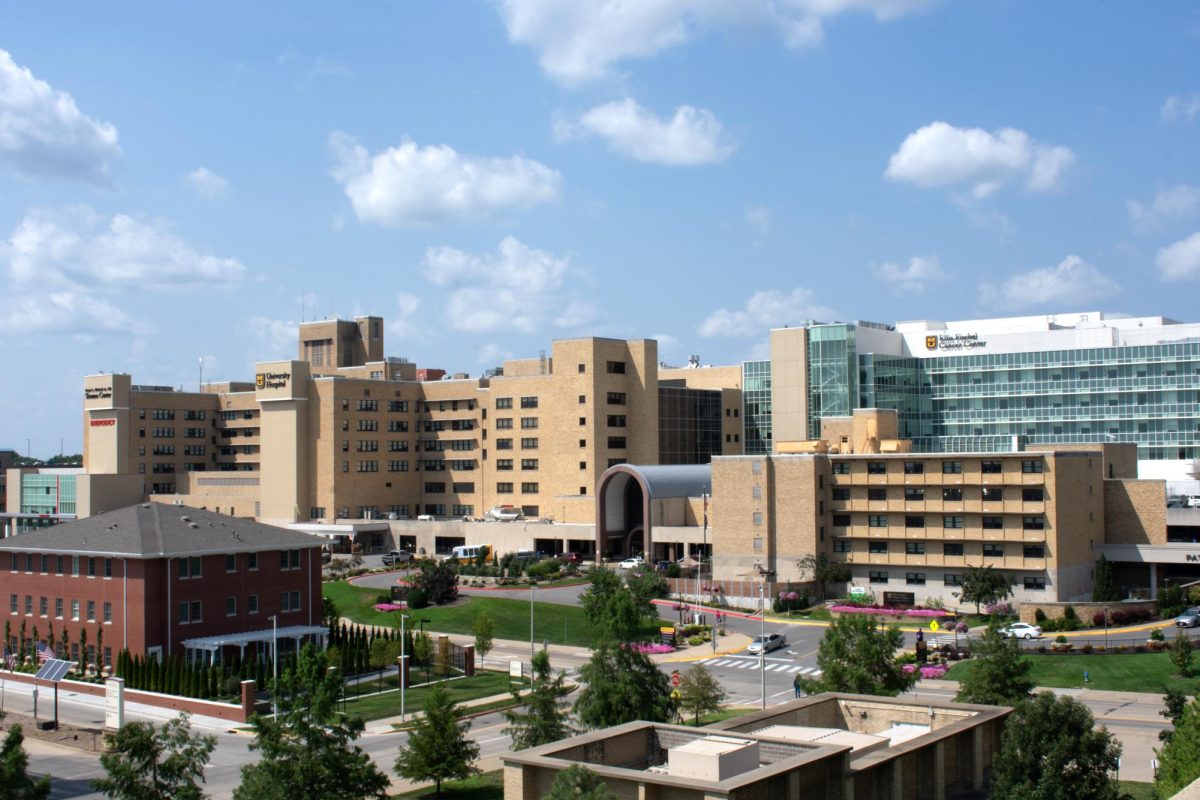Faculty across MU convened on Oct. 19 to discuss semester updates and talk with interim Chancellor Hank Foley about concerns they have.
####Non-tenure track faculty population grows
The proportion of non-tenure track faculty at MU has grown over the past 10 years, Faculty Council Chairman Ben Trachtenberg said Wednesday during the fall general faculty meeting. He said that trend is damaging to faculty and the university’s mission.
Non-tenure track faculty made up 30 percent of total MU faculty in 2006. In 2015, they made up 43 percent. Trachtenberg said the university’s reliance on non-tenure track faculty is a cost-saving measure that has been a common policy for schools nationwide since the recession.
“You have a threat to academic freedom, having large numbers of faculty whose life is extremely contingent, and is at the whim of a department chair,” Trachtenberg said.
Sometimes called “contingent faculty,” non-tenure track refers to faculty who are not tenured or on a course to be tenured. Non-tenure track faculty sign short contracts and must be reappointed at the end of every contract.
Trachtenberg said contingent faculty face job insecurity, earn low wages and are usually not eligible for benefits.
He said non-tenure track faculty resembles the working class outside of colleges. They have little to no say over working conditions and often have to cobble together several part-time jobs to make ends meet.
“The idea of someone teaching at Westminster [College] and Mizzou and Lincoln [University] in the same year, or even the same semester, would not be unheard of,” Trachtenberg said.
Trachtenberg said the university could see increased agitation for faculty rights and labor protection among non-tenure track faculty if their issues are not addressed.
####Update on new Plant Sciences’ greenhouse
Interim Chancellor Hank Foley said at the meeting that he wants to start construction on a new greenhouse for the Division of Plant Sciences. He said the project has been on hold for over a decade, and the cost will continue to rise for as long as it is delayed. The greenhouse is currently expected to cost around $90 million.
Foley said that MU’s plant science program has been falling behind institutions in neighboring states.
Psychology professor Jeff Rouder asked Foley to outline how he solicited advice from faculty to develop a proposal that would take 2 percent from the university’s unrestricted funds to pay for the first phase of the greenhouse project — about $22 million, Foley said. In an interview, Rouder said unrestricted funds give faculty flexibility. He has used them to keep his graduate students on over the summers.
Foley responded that he had encouraged deans and chairs to discuss concerns with the faculty in their departments. He also said he has held several open forums for faculty to give their perspective.
“You know, there’s no shortage of people who just tell me what they think, all the time,” Foley said.
Rouder, a Faculty Council member, said faculty have not pushed to be heard enough in his 17 years at MU. He said he does not know if he supports the proposal because he has not been given enough information about it.
Rouder said he takes issue with faculty being kept in the dark on matters that affect them. He said he believes Foley wants to hear faculty advice, but Rouder is not satisfied with how Foley sought advice on the greenhouse plan.
_Edited by Claire Mitzel | [email protected]_













